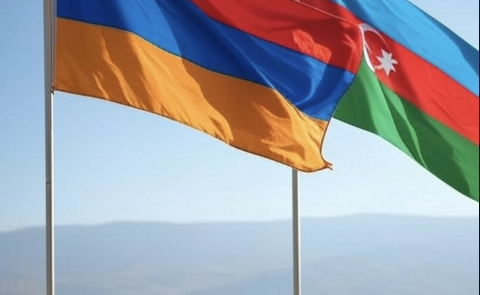
Armenia's Foreign Minister: Armenia Advances on Peace With Azerbaijan, Reforms Domestic Agenda

On December 9, Armenian Foreign Minister Ararat Mirzoyan, in an interview with Finnish news agency Lännen Media, highlighted progress in the delimitation of the Armenian-Azerbaijani border, the normalization of relations with Azerbaijan, and Armenia’s internal political agenda.
Minister Mirzoyan described the delimitation of the border as a positive step in the normalization process with Azerbaijan, emphasizing that the border is defined by the 1991 Alma-Ata Declaration, which established that administrative borders of former Soviet republics would become state borders. He stated, "There is a border, and we know where it is," while underscoring that joint work between the two countries' commissions is required for further delimitation and demarcation. Referring to the demarcation process as a guarantee of future stability, Mirzoyan noted, "Having a clearly delineated border is a very strong mechanism."
Regarding opening communications, Mirzoyan suggested that Armenia and Azerbaijan could reach mutually acceptable solutions, proposing the resumption of transit for Armenian goods through Azerbaijan and vice versa. He added, "At the first stage, we can resume railway transit and gradually expand it."
Regarding the peace agreement with Azerbaijan, Mirzoyan revealed that 15 out of 17 articles of the agreement have already been agreed upon. He expressed hope that the agreement could have been finalized before the COP29 climate summit in Baku but emphasized Armenia’s readiness to sign it as soon as possible. "We are very close," he stated, expressing hope for a shift from a history of hostility to a future of peace. He acknowledged the difficulty of overcoming the past but stressed the need to move forward, saying, "Enough blood has been spilled in our region, and now we have a chance to look to the future."
Addressing Armenia’s internal political situation following the 2020 Nagorno-Karabakh war, Mirzoyan stated that the government, led by Prime Minister Nikol Pashinyan, sought to reaffirm its mandate by holding early parliamentary elections. He highlighted that the government secured a majority of votes in support of democratic reforms and a peaceful agenda. Looking ahead to the 2026 elections, he noted that public support for government policies remains strong according to opinion polls.
Mirzoyan also emphasized Armenia's focus on strengthening security, sovereignty, and territorial integrity alongside efforts toward modernization, democratization, and European integration. He argued that the rapidly changing world requires bold political decisions, both domestically and geopolitically, and suggested that it may be time to act beyond "business as usual."
See Also

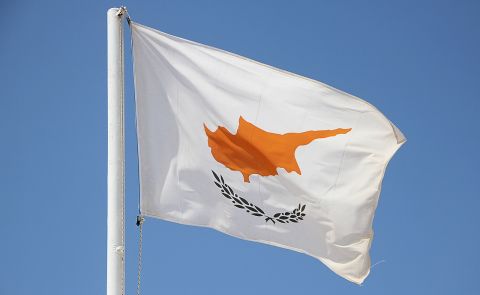
Cyprus Pledges Support for Displaced Armenians and Trilateral Partnership
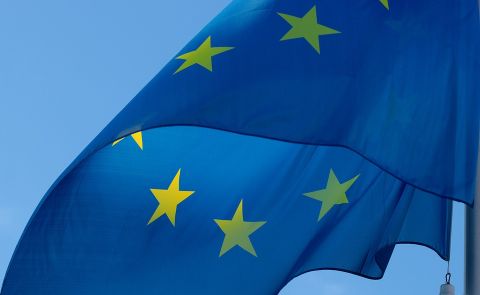
EU Official Encourages Turkey to Deepen Role in South Caucasus Stability
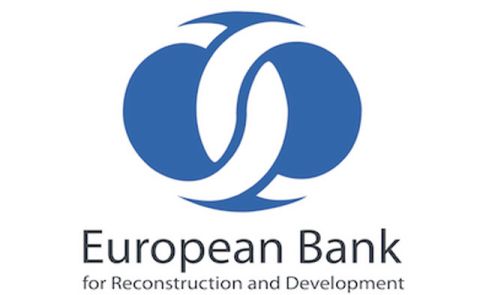
Armenia, EBRD Mark €400M Investment Milestone in Strategic Partnership
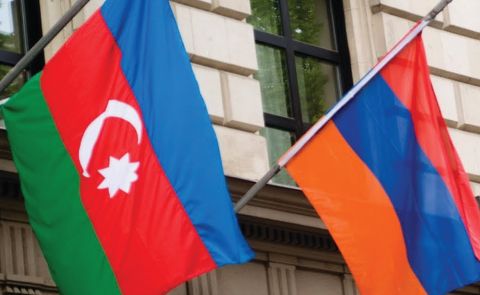
Armenian and Azerbaijani Officials Hold Separate Talks With Iranian Counterparts in Tehran

